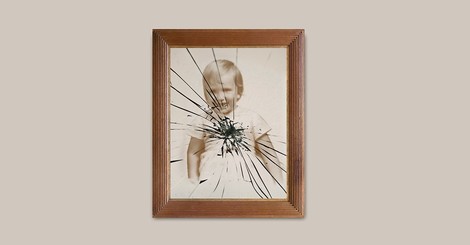Your podcast discovery platform
Curious minds select the most fascinating podcasts from around the world. Discover hand-piqd audio recommendations on your favorite topics.

piqer for: Global finds Technology and society Health and Sanity
Nechama Brodie is a South African journalist and researcher. She is the author of six books, including two critically acclaimed urban histories of Johannesburg and Cape Town. She works as the head of training and research at TRI Facts, part of independent fact-checking organisation Africa Check, and is completing a PhD in data methodology and media studies at the University of the Witwatersrand.
What Happens If Your DNA Test Reveals A Family Secret?
As home DNA testing becomes more widespread and more affordable (in certain countries anyway), new issues are emerging out of the intersection between how we see our heritage, and our personal identity, and what we know (or think we know) about our genes – and not just in a 'swapping a pair of Lederhosen for a kilt' kind of way. For some unwitting clients, home DNA testing has exposed terrible deceptions in their immediate family trees and, as a result, shattered their understanding of who they had previously believed themselves to be.
These family secrets have included discoveries about misattributed parentage (discovering that one of their parents is not their biological parent, or that their sibling is only their half sibling, etc), and have also yielded unknown missing family members, including half-brothers and -sisters. The reasons behind these family deceptions are often shrouded in the past, particularly where older generations have already died, but have included affairs, secret pregnancies, incest and rape, and even relationships that were hidden simply because they happened across the colour line. As Catherine St Clair explained (after discovering that her father was not her biological father), '[t]he generation whose 50-year-old secrets are now being unearthed could not have imagined a world of $99 mail-in DNA kits.'
To cope with the growing number of people who are receiving these kinds of 'not parent expected' results from their DNA tests, several individuals have now set up public and private support groups on social media, including on Facebook. Here people can compare experiences, ask for advice, and share their stories with other people who will understand the impact the unexpected knowledge has had on their lives.
